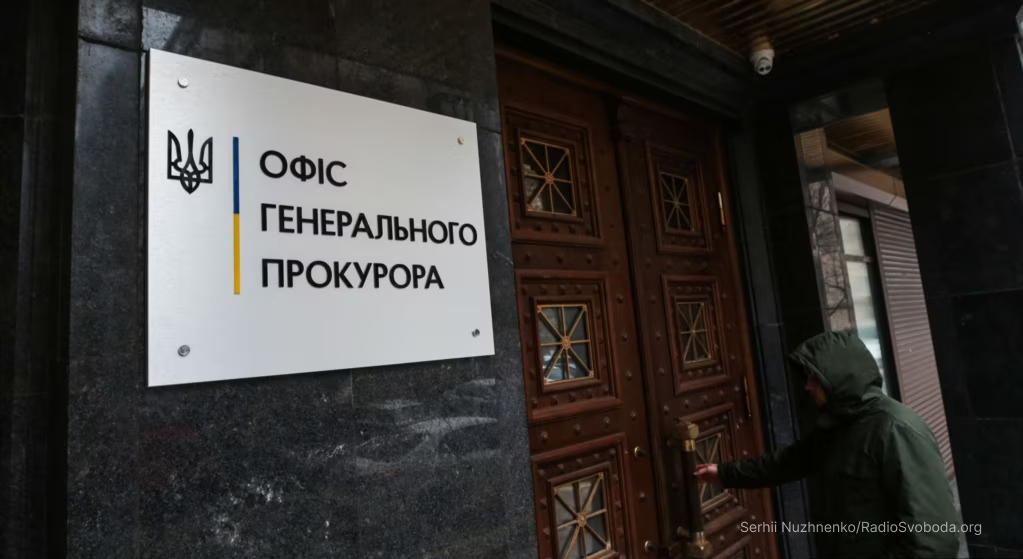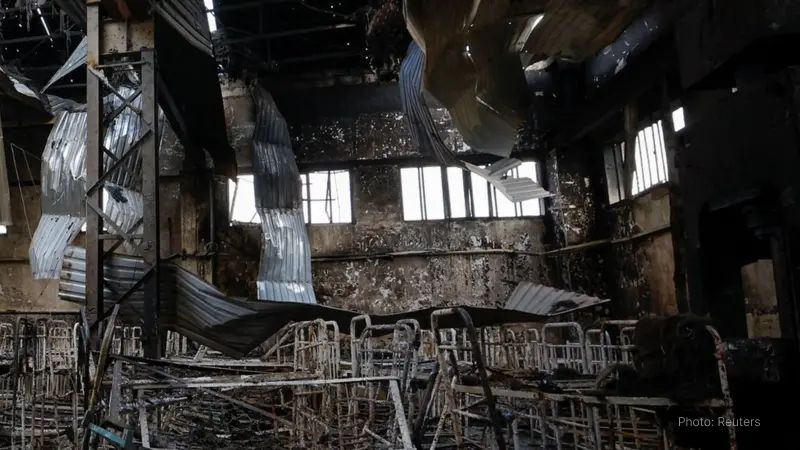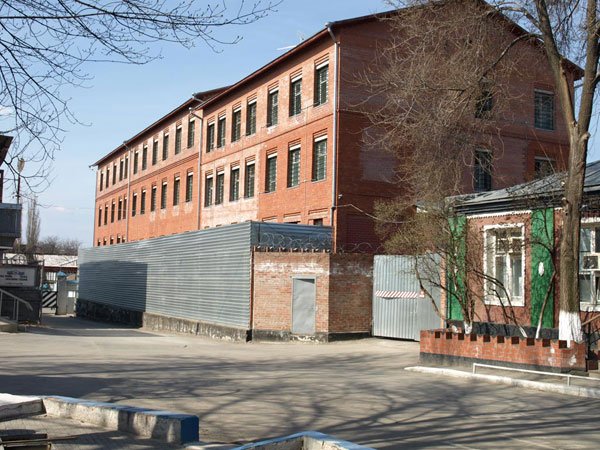
Rostov-on-Don Pre-Trial Detention Centre No. 5
Rostov-on-Don
Russia
Pre-Trial Detention Centre
Active
Overview
The pre-trial detention centre No. 5 in Rostov-on-Don is one of the known locations where Ukrainian prisoners of war, specifically members of the Azov Brigade, have been held following their capture. In May 2022, Russian state media reported that some Azov POWs were transferred there.
Torture & Abuse
In July 2024, Azov POW Oleksandr Ishchenko died in Pre-Trial Detention Centre No. 5. An autopsy revealed multiple rib fractures and blunt chest trauma consistent with beatings and torture. His death resulted from traumatic shock caused by “contact with a blunt object”.

Medical Care
There is no information about the provision of medical care at this facility. However, the death of Oleksandr Ishchenko indicates gross medical negligence.
Psychological Pressure
While being kept in Rostov-on-Don Pre-Trial Detention Centre No. 5, Azov servicemen faced charges including the seizure of power, organising terrorist activities, and training for terrorism. The Russian prosecution has requested sentences ranging from 16 to 24 years in high-security penal colonies.
The pre-trial detention centre No. 5 in Rostov-on-Don is one of the known locations where Ukrainian prisoners of war, specifically members of the Azov Brigade, have been held following their capture. In May 2022, Russian state media reported that some Azov POWs were transferred there.
In July 2024, Azov POW Oleksandr Ishchenko died in Pre-Trial Detention Centre No. 5. An autopsy revealed multiple rib fractures and blunt chest trauma consistent with beatings and torture. His death resulted from traumatic shock caused by “contact with a blunt object”.

There is no information about the provision of medical care at this facility. However, the death of Oleksandr Ishchenko indicates gross medical negligence.
While being kept in Rostov-on-Don Pre-Trial Detention Centre No. 5, Azov servicemen faced charges including the seizure of power, organising terrorist activities, and training for terrorism. The Russian prosecution has requested sentences ranging from 16 to 24 years in high-security penal colonies.
News
see more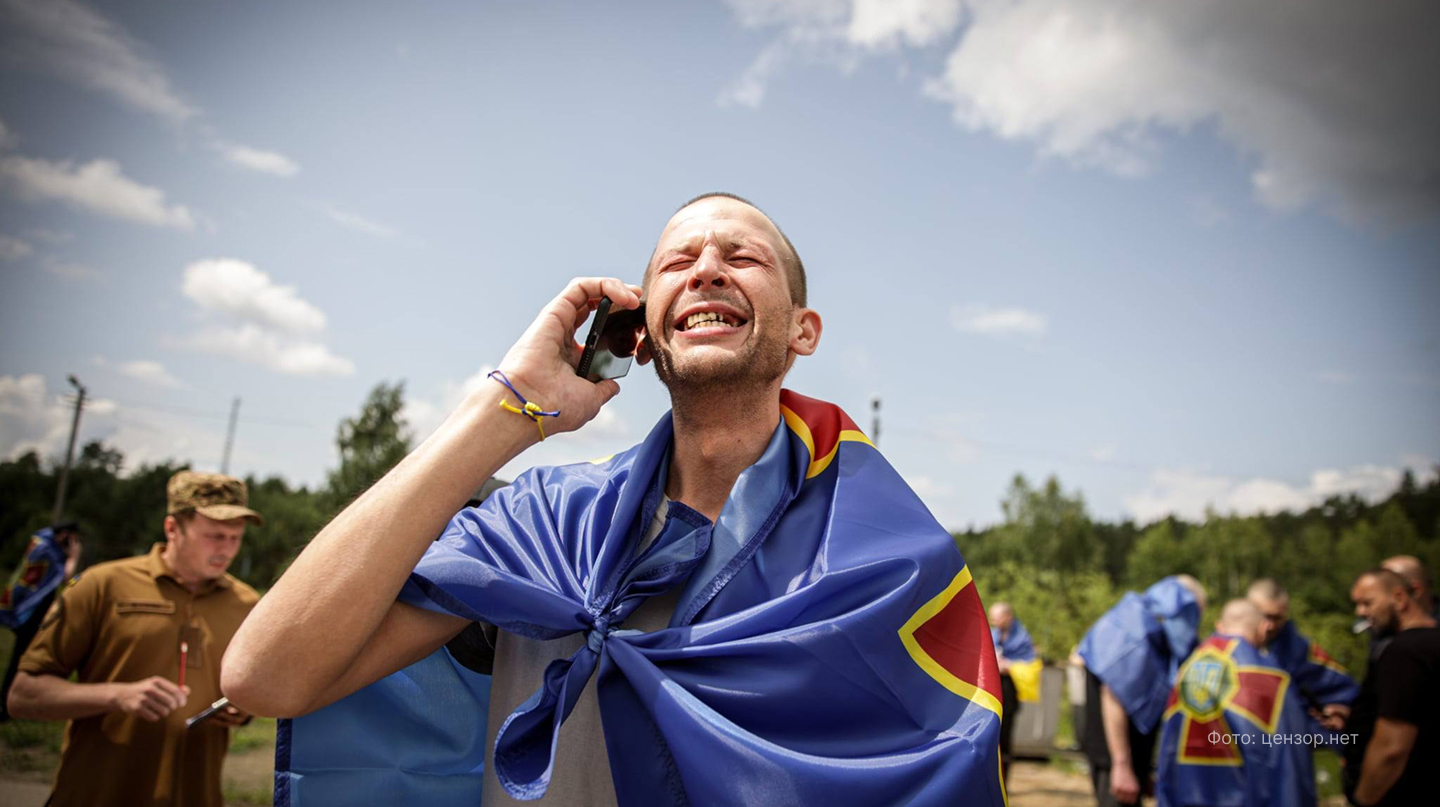
“The captives were forced to walk with their heads down”: how the rehabilitation of released Ukrainian soldiers takes place
Ukrainian servicemen released from Russian captivity often arrive at the National Guard’s medical centre in extremely poor condition, both physically and psychologically.
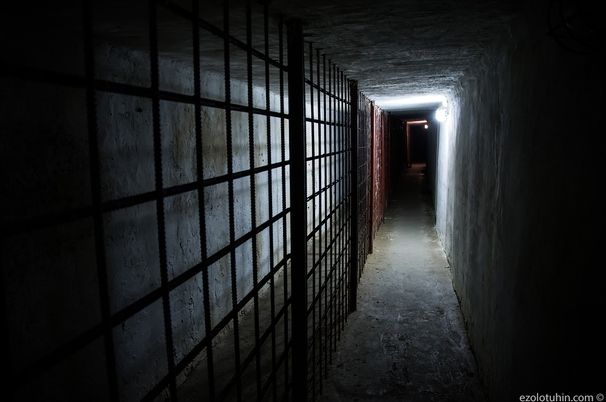
Russia has established a network of torture chambers for Ukrainian prisoners of war.
At least five secret prisons in Russia are holding Ukrainian POWs.

SBU presses charges against russian judges for the unlawful sentencing of Azov Brigade POWs
The Security Service of Ukraine (SBU) has charged in absentia two judges of Russia’s Southern District Military Court, Konstantin Prostov and Sergey Obraztsov, with war crimes against Ukrainian prisoners of war.
questions & answers
You can make a difference
Have a question, a message, or something important to share?
Whether it’s information, a concern, or a word of support, we want to hear from you.
Every voice matters.

